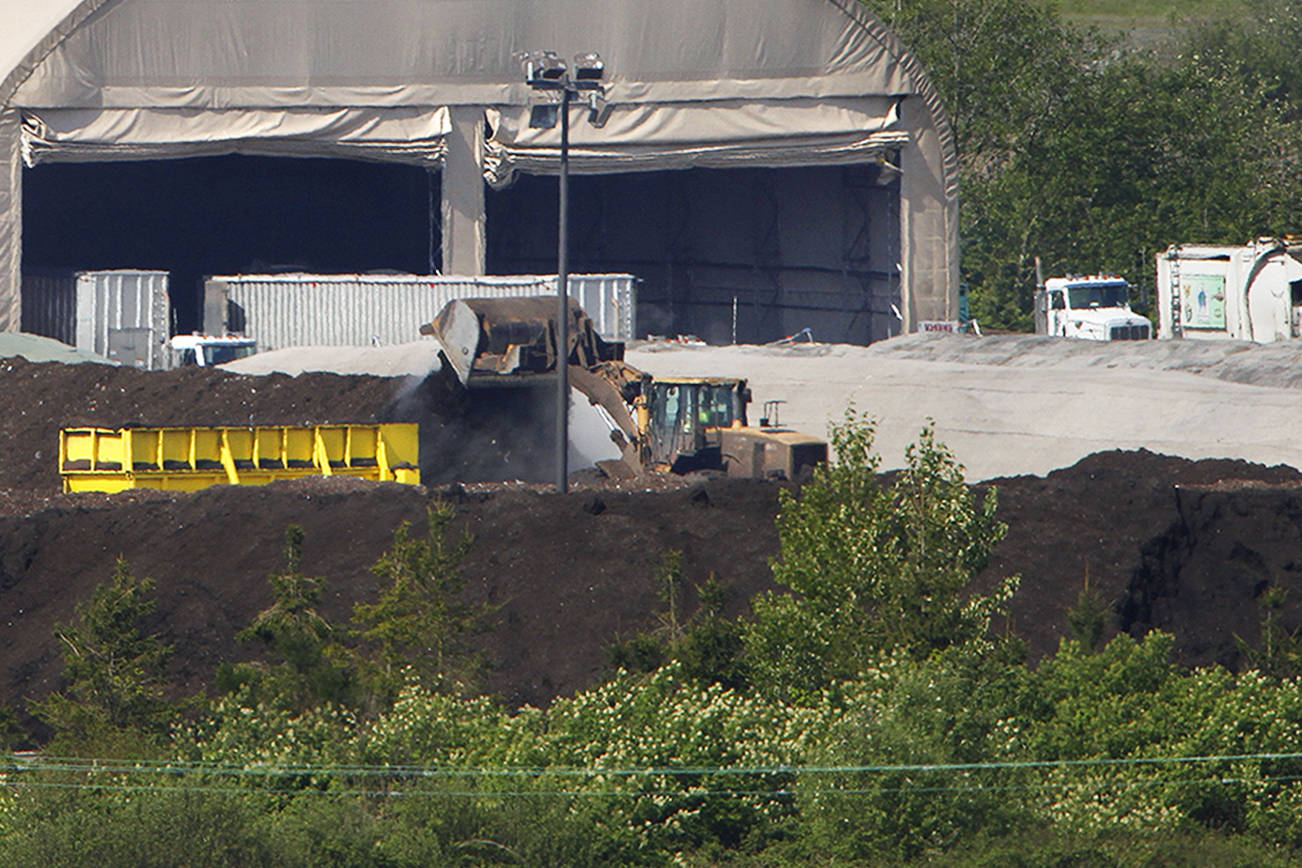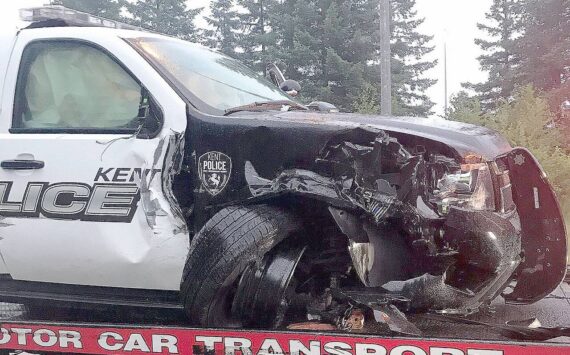OLYMPIA — A bill which would have buffered Cedar Grove from lawsuits arising from its composting operations is done for this year.
But the conversation among lawmakers is not over on how to promote the composting industry and protect communities’ legal options to combat noxious odors that it may produce.
“I think this bill is good policy,” said Rep. Amy Walen, D-Kirkland, the prime sponsor of the legislation. “We have a compelling need for composting. I just don’t think we want the parties to go to court all the time. I think we need to try to point them in a direction to work together.”
She vowed to seek avenues of compromise in the coming months and try again in 2020.
“We can’t go on this way,” she said.
House Bill 1167 sought to amend state law to treat composting as an agricultural activity entitled to protection from nuisance suits.
It cleared a House committee in early February but did not receive a vote in the chamber before a March 13 deadline for action on non-budget bills. A companion Senate bill never had a hearing.
Cedar Grove, a composting firm with a history of odor-related disputes in Snohomish and King counties, was behind the effort as it was with similar legislation that failed in 2017 and 2018.
“This was disappointing to the industry as a whole,” said Jay Blazey, Cedar Grove’s general counsel, in an email. “This bill was an opportunity to support the industry and organics recycling into the future.
“Some had the impression that the bill would bar all lawsuits against compost facilities. This is not the case,” he said. “The bill provided compost facilities some protection from certain lawsuits by requiring additional grounds as a basis for a lawsuit, such as violations to city and county regulations or proven adverse effects on public health and safety. The State offers this level of protection to the agricultural and timber sectors.”
In 2018, the company settled two class-action lawsuits stemming from odor complaints at its operations at 3620 36th Place on Everett’s Smith Island and in Maple Valley in King County.
In the former case, the company agreed to pay more than $785,000 to resolve claims by residents of the city and in Marysville. Cedar Grove also agreed to spend $1.45 million to reduce the potential for malodorous emissions. In the latter case, the company agreed to pay $1.4 million to settle claims and make $3.4 million in improvements to that site.
Walen’s bill evoked strong opposition from the Tulalip Tribes, city of Marysville, and those living in the vicinity of Cedar Grove’s two facilities. Their primary concern is the bill blunted their ability to use the courts in the future.
“This has always been bad public policy to reduce citizen tools for making bad actors do the right thing, and the Tulalip Tribes have consistently, strongly opposed this legislation,” then tribal chairwoman Marie Zackuse wrote to House Speaker Frank Chopp, D-Seattle, on Feb. 18.
While a vast majority of composting companies operate in a responsible manner, Cedar Grove “has operated differently and these two class action lawsuits were the only way to get relief for local citizens,” she wrote.
State Sen. Mark Mullet, D-Issaquah, worked to bottle up the bill in his chamber. Then he focused on blocking the House bill and met with Chopp to make his case.
“Every year I fight to stop this bill,” he said. “It just says you can’t sue. If (compost operators) have negative impacts in the community you have to be able to hold them accountable.”
Rep. Larry Springer, D-Kirkland, drafted changes aimed at ensuring composting operations comply with city and county regulations. Walen said she also had ideas to preserve the ability of residents to file nuisance lawsuits under certain conditions.
But there was never enough support in the House Democratic Caucus to bring the bill and those amendments up for a vote.
Elliot Paull, of Issaquah, said the proposed changes would have restored some of citizens’ right to sue, but still would have transferred responsibility from the state to city and county agencies.
“These agencies lack the necessary regulations, and are ill equipped to monitor noxious odors and oversee the composting industry,” he said. “As opposed to advocating against and stopping this bill for three years now, citizens would rather be working directly with large composters and government agencies to find and implement permanent solutions to curb these odors.
“We can have both – a thriving composting industry and an odor-free environment for those living, working and studying near composting facilities.” he said.
Jerry Cornfield: 360-352-8623; jcornfield@herald net.com. Twitter: @dospueblos.








